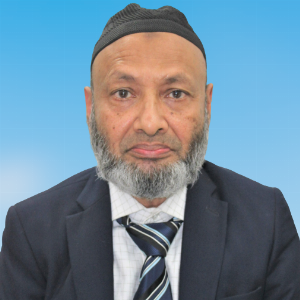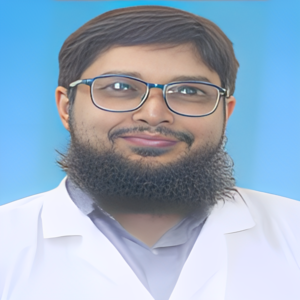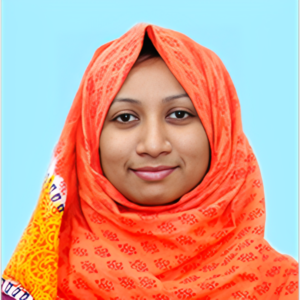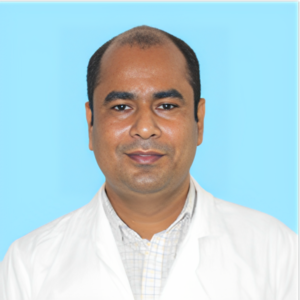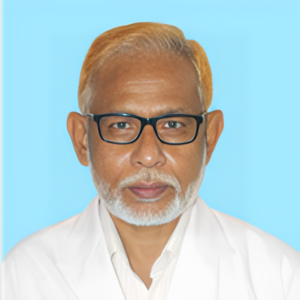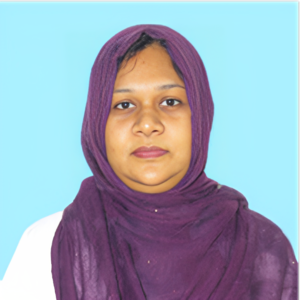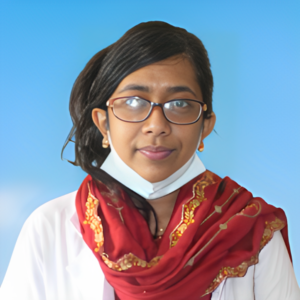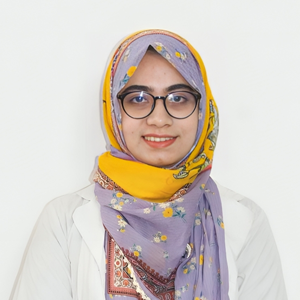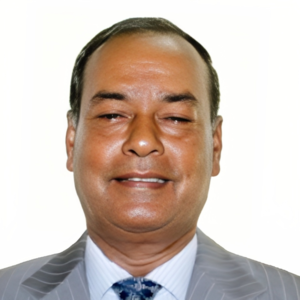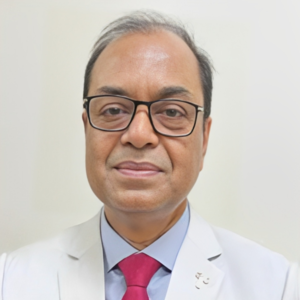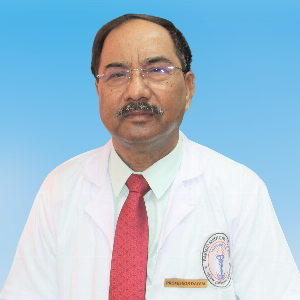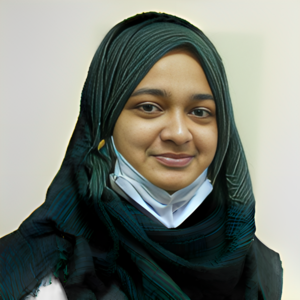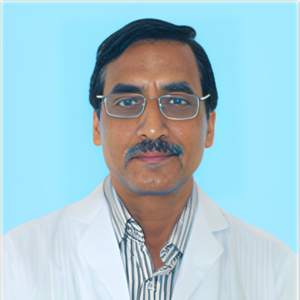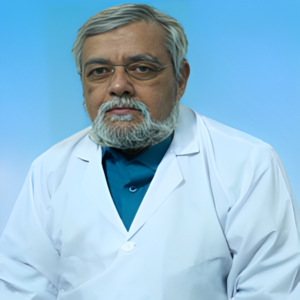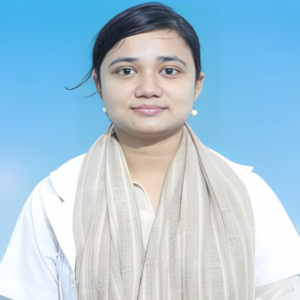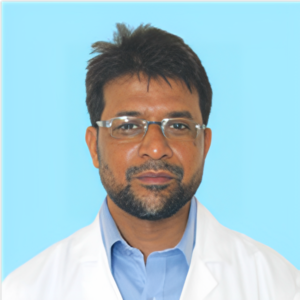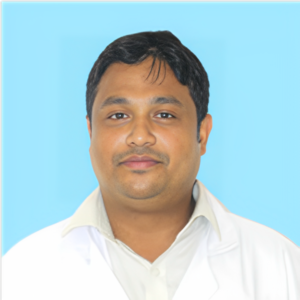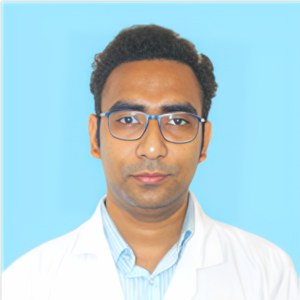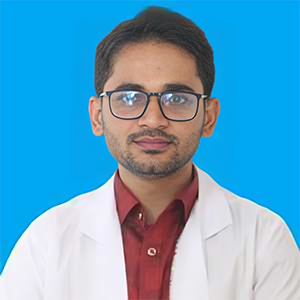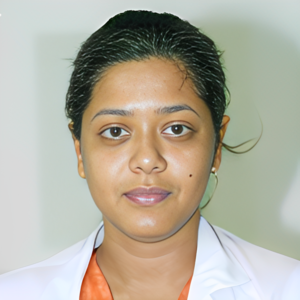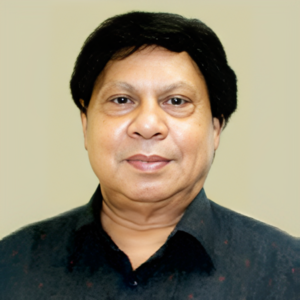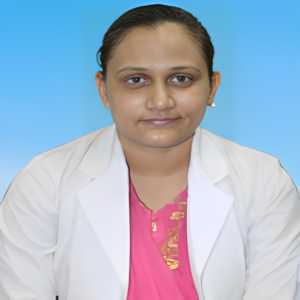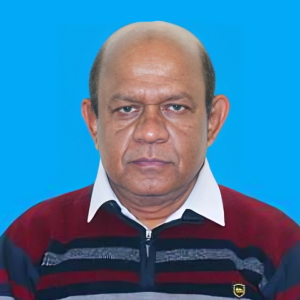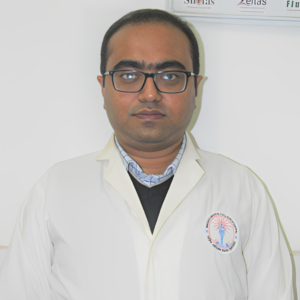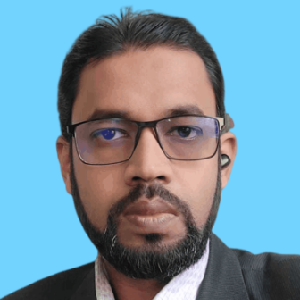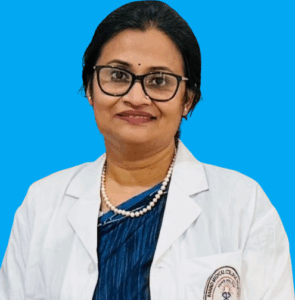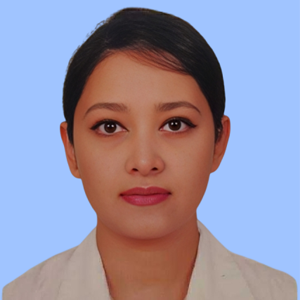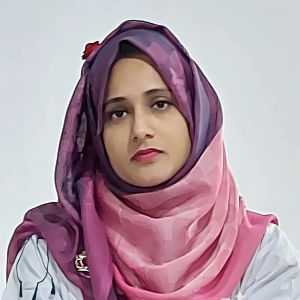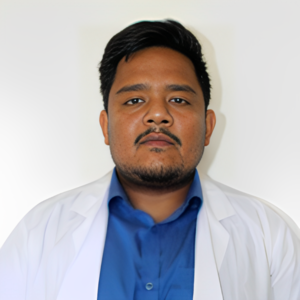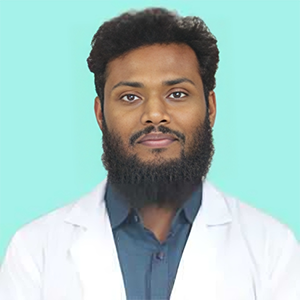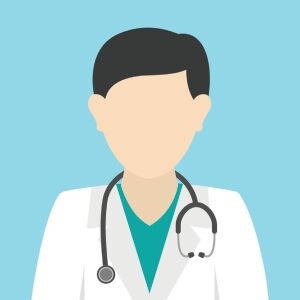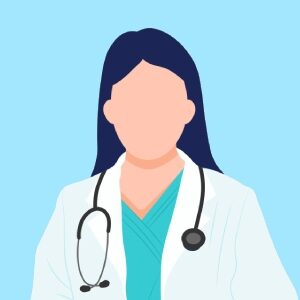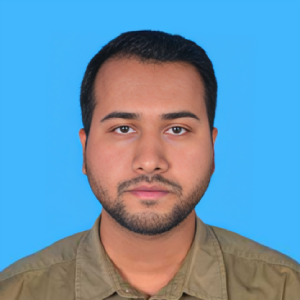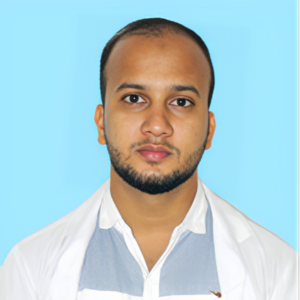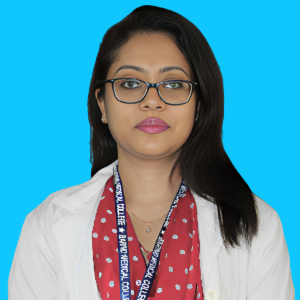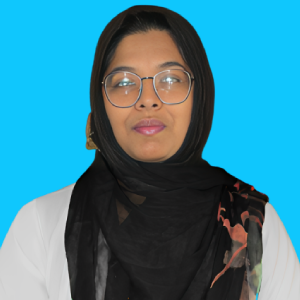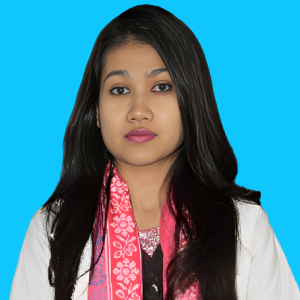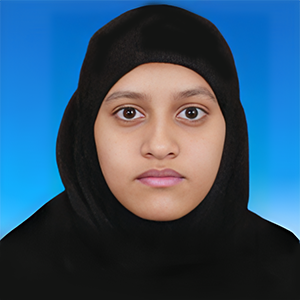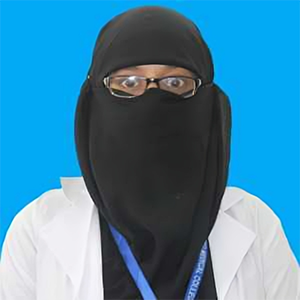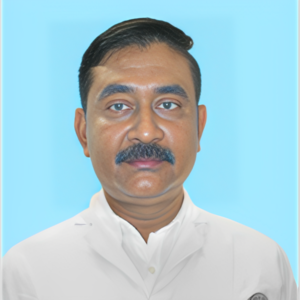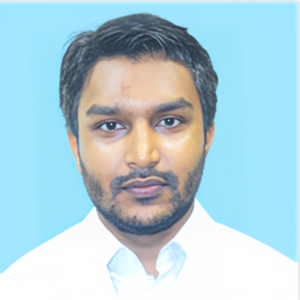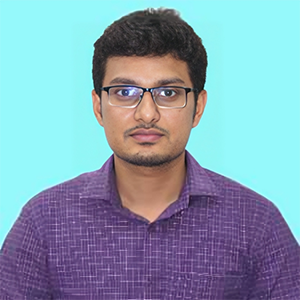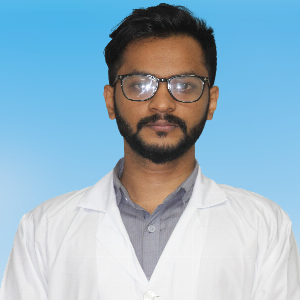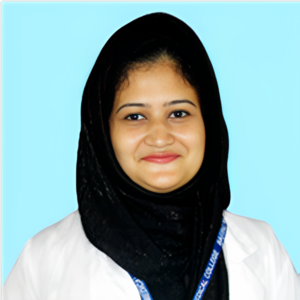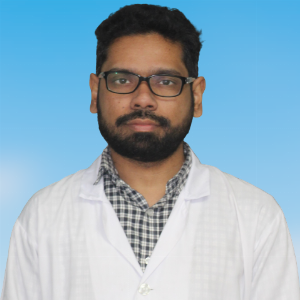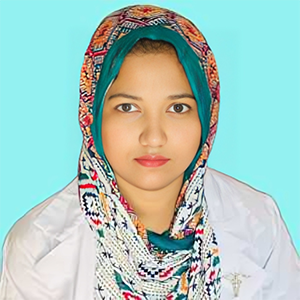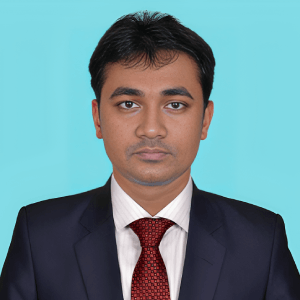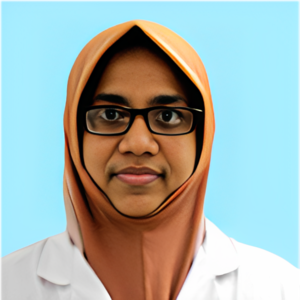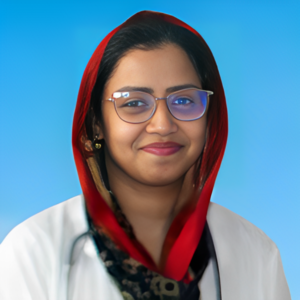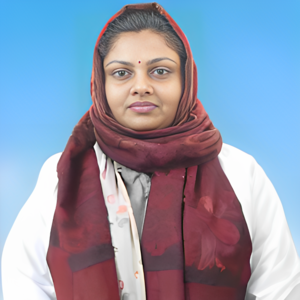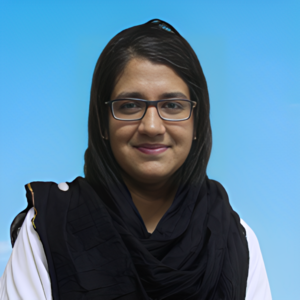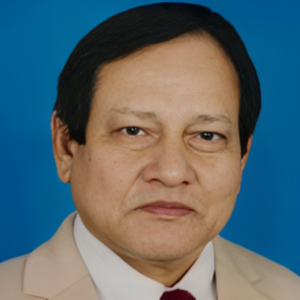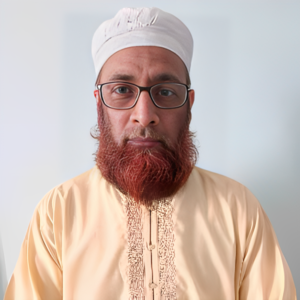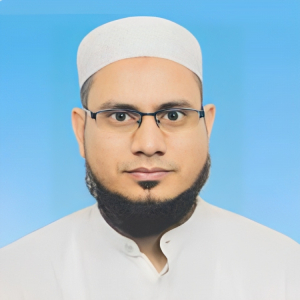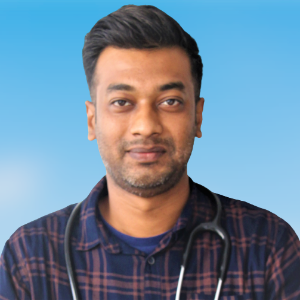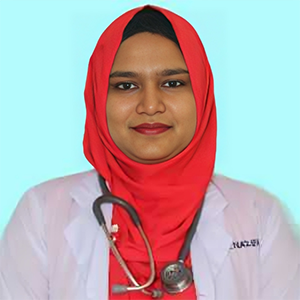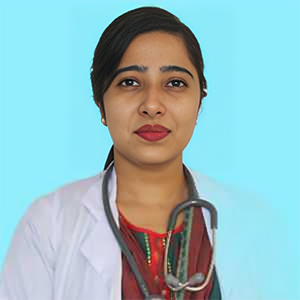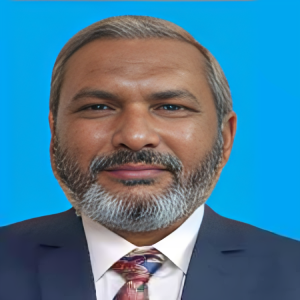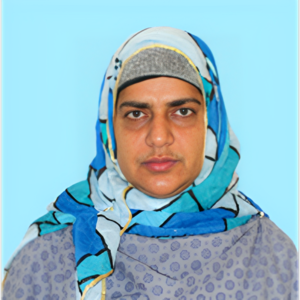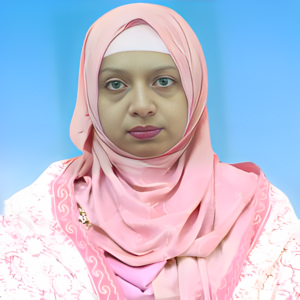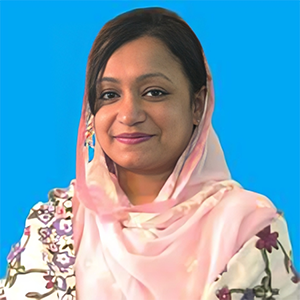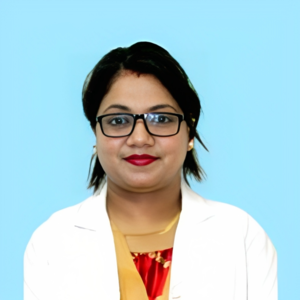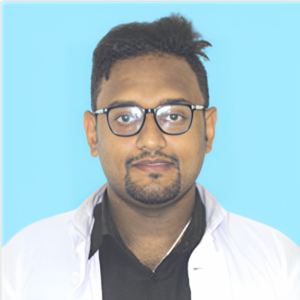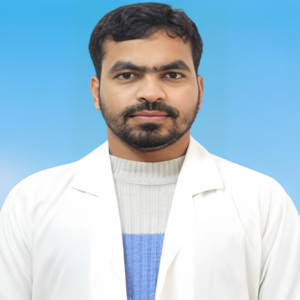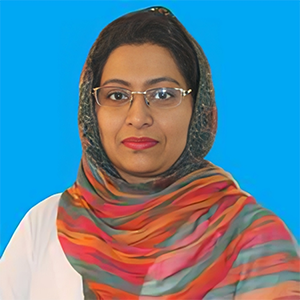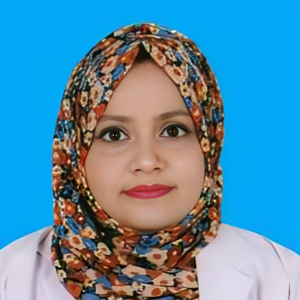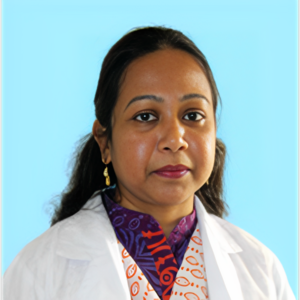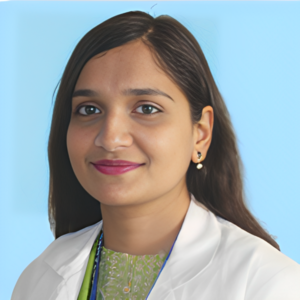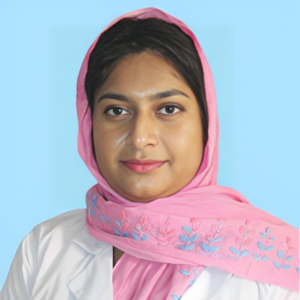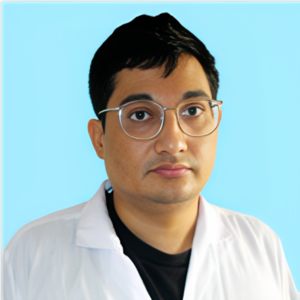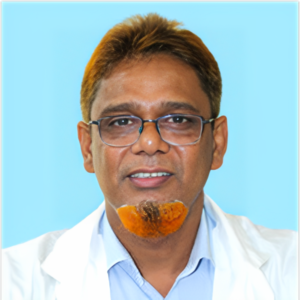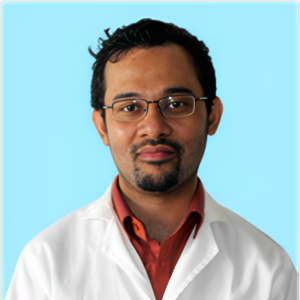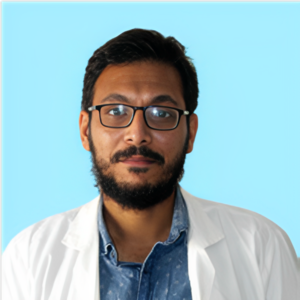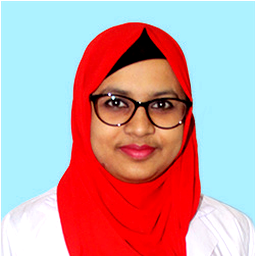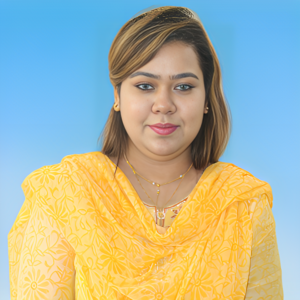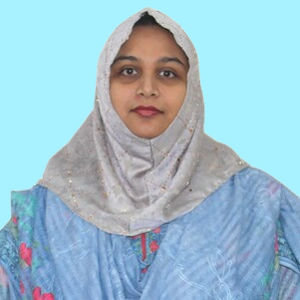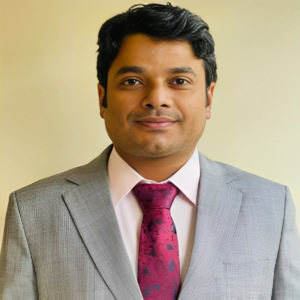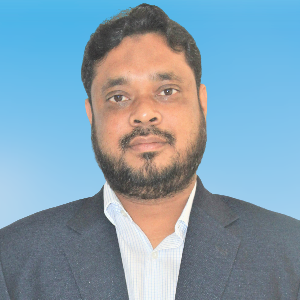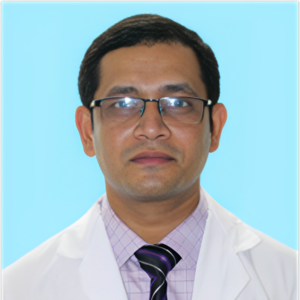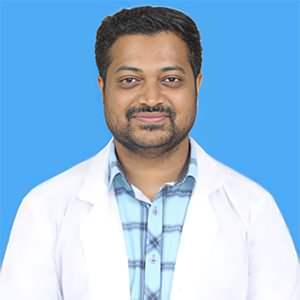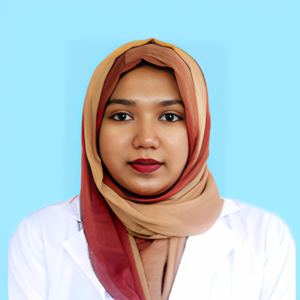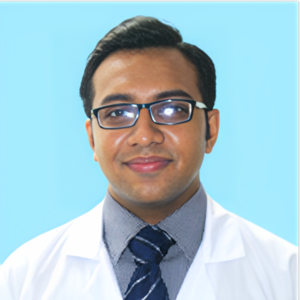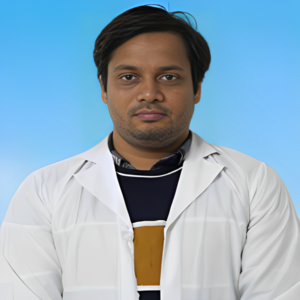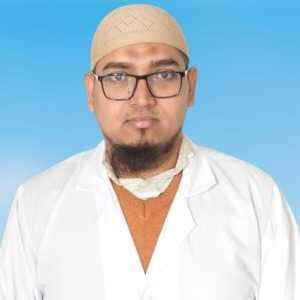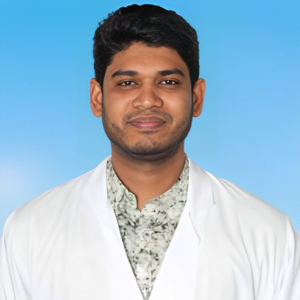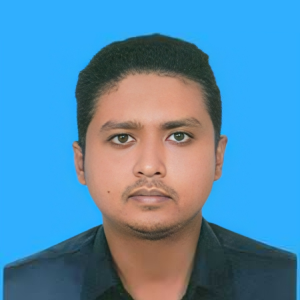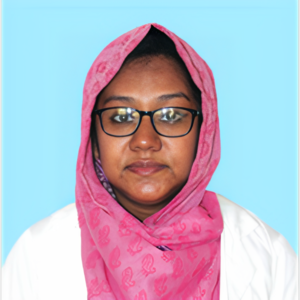- Holding no# 179/1, Choto Bongram, Padma Abasic, Chandrima,Rajshahi – 6207
- +8801755774860
- admin@bmc.edu.bd
-
Anatomy | দেহতত্ব
General Info
Anatomy, is a field in the biological sciences concerned with the identification and description of the body structures of living things. Gross anatomy involves the study of major body structures by dissection and observation and in its narrowest sense is concerned only with the human body.
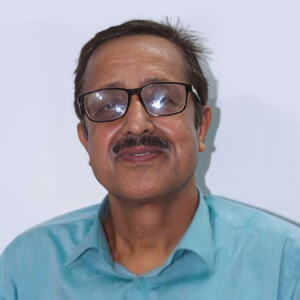
Prof. Dr. Md. Rabiul Islam Shah
Anatomy
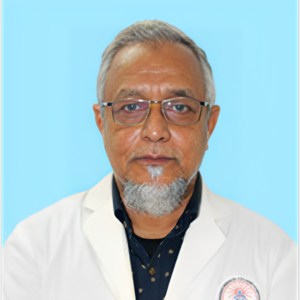
Prof. Dr. S.M Akram Hossain
Anatomy
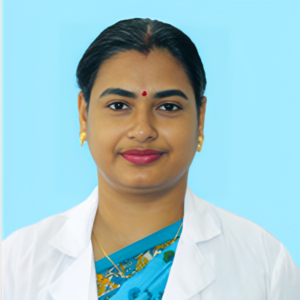
Dr. Sumana Sutradhar
Anatomy
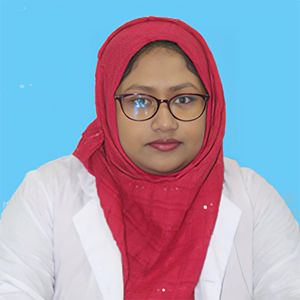
Dr. Shanila Khanom
Anatomy
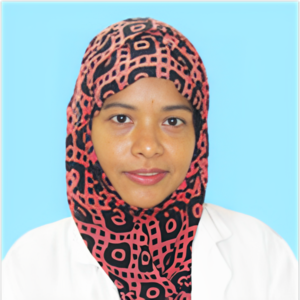
Dr. Mohsina Yasmin
Anatomy
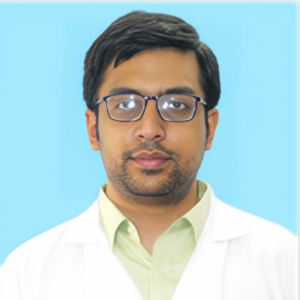
Dr. Nafiul Hasan Sufi
Anatomy
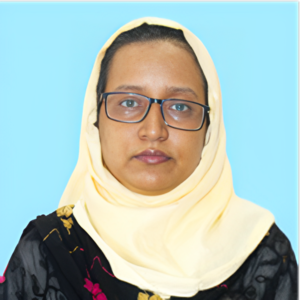
Dr. Bipasha Islam
Anatomy
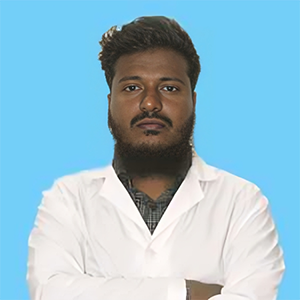
Dr. Ashik Ashraf
Anatomy
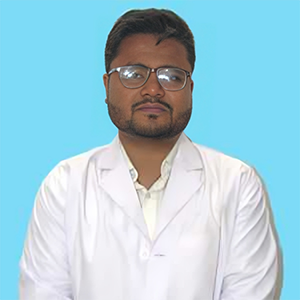
Dr. Md. Sarwar Akhter
Anatomy
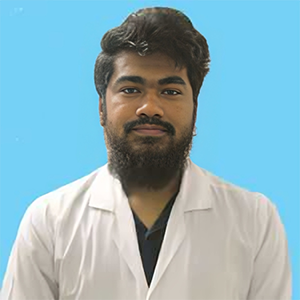
Dr. Md. Bakhtiar Hossain
Anatomy
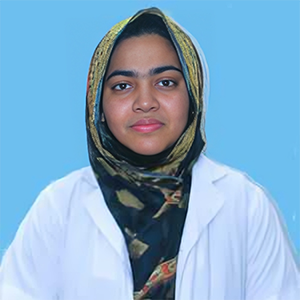
Dr. Sabiha Sharmin
Anatomy
-
Anesthesiology | এনেস্থেসিওলজি
General Info
Anesthesiology, anesthesiology, or anesthesia is the medical specialty concerned with the total perioperative care of patients before, during and after surgery. It encompasses anesthesia, intensive care medicine, critical emergency medicine, and pain medicine. A physician specialized in anesthesiology is called an anesthesiologist, anesthesiologist, or anesthetist, depending on the country.
-
Biochemistry | বায়োকেমিস্ট্রি
General Info
Biochemistry or biological chemistry is the study of chemical processes within and relating to living organisms. A sub-discipline of both chemistry and biology, biochemistry may be divided into three fields: structural biology, enzymology, and metabolism. Over the last decades of the 20th century, biochemistry has become successful at explaining living processes through these three disciplines. Almost all areas of the life sciences are being uncovered and developed through biochemical methodology and research.
-
Blood Bank | রক্ত ব্যাংক
General Info
A blood bank is a center where blood gathered because of blood donation is stored and preserved for later use in blood transfusion. The term “blood bank” typically refers to a department of a hospital usually within a Clinical Pathology laboratory where the storage of blood product occurs and where pre-transfusion and Blood compatibility testing is performed. However, it sometimes refers to a collection center, and some hospitals also perform collection. Blood banking includes tasks related to blood collection, processing, testing, separation, and storage.
-
Cardiology | হৃদরোগ
General Info
Cardiology is a branch of medicine that deals with disorders of the heart and the cardiovascular system. The field includes medical diagnosis and treatment of congenital heart defects, coronary artery disease, heart failure, valvular heart disease and electrophysiology. Physicians who specialize in this field of medicine are called cardiologists, a specialty of internal medicine. Pediatric cardiologists are pediatricians who specialize in cardiology.
-
Chest Medicine | বক্ষ ব্যাধি
-
Clinical Oncology | ক্যান্সার
-
Community Medicine । কমিউনিটি মেডিসিন
General Info
Community medicine is the branch of medicine dealing with healthcare issues that affect the community. It is also known as social medicine, preventive medicine, public health, or community health science.
-
Dental Unit | দন্ত বিভাগ
-
Dermatology | চর্মরোগ
General Info
Dermatology is the branch of medicine dealing with the skin. It is a specialty with both medical and surgical aspects. A dermatologist is a specialist medical doctor who manages diseases related to skin, hair, nails, and some cosmetic problems.
-
ENT | নাক কান গলা রোগ
General Info
ENT is a medical abbreviation for ears, nose, and throat. A healthcare provider who specializes in treating ENT disorders may be referred to simply as an “ENT.” However, the proper name for this type of doctor is an otolaryngologist.
-
Diabetes | ডায়বেটিস
General Info
Diabetes, also known as diabetes mellitus, is a group of metabolic disorders characterized by a high blood sugar level (hyperglycemia) over a prolonged period. Symptoms often include frequent urination, increased thirst, and increased appetite. If left untreated, diabetes can cause many health complications. Acute complications can include diabetic ketoacidosis, hyperosmolar hyperglycemic state, or death. Serious long-term complications include cardiovascular disease, stroke, chronic kidney disease, foot ulcers, damage to the nerves, damage to the eyes, and cognitive impairment.
-
Forensic Medicine | ফরেনসিক মেডিসিন
General Info
Forensic medicine is a broad term used to describe a group of medical specialties which deal with the examination and diagnosis of individuals who have been injured by or who have died because of external or unnatural causes such as poisoning, assault, suicide and other forms of violence, and apply findings to law (i.e. court cases). Forensic medicine is a multi-disciplinary branch which includes the practice of forensic pathology, forensic psychiatry, forensic dentistry, forensic radiology and forensic toxicology. There are two main categories of forensic medicine; Clinical forensic medicine; Pathological forensics medicine, with the differing factor being the condition of the patients. In clinical forensic medicine it is the investigation of trauma to living patients, whereas pathological forensic medicine involves the examination of traumas to the deceased to find the cause of death.
-
Gynae & Obs | প্রসূতি ও স্ত্রীরোগ
General Info
Obstetrics and Gynaecology (also spelled as Obstetrics and Gynecology; abbreviated as Obs and Gynae, O&G, OB-GYN and OB/GYN) is the medical specialty that encompasses the two subspecialties of obstetrics (covering pregnancy, childbirth, and the postpartum period) and gynecology (covering the health of the female reproductive system – vagina, uterus, ovaries, and breasts).
Postgraduate training programs for both fields are usually combined, preparing the practicing obstetrician-gynecologist to be adept both at the care of female reproductive organs’ health and at the management of pregnancy, although many doctors go on to develop subspecialty interests in one field or the other.

Prof. Dr. Shahela Jesmin
Gynae & Obs

Prof. Dr. Gopa Sarker
Gynae & Obs
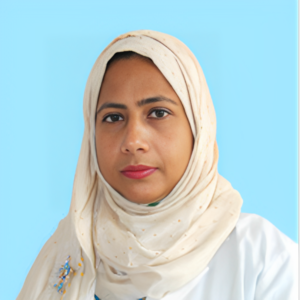
Dr. Nasrin Rahman
Gynae & Obs
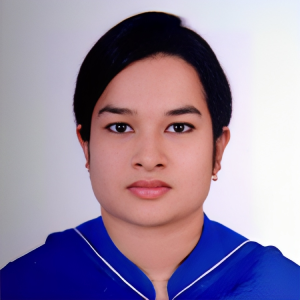
Dr. Tawhida Yeasmin
Gynae & Obs
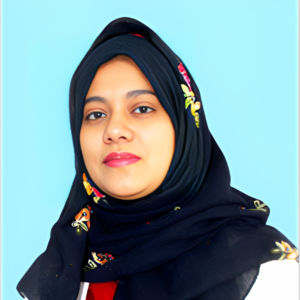
Dr. Kh. Nazia Afroz
Gynae & Obs

Dr. Khaleda Akhter Babuni
Gynae & Obs
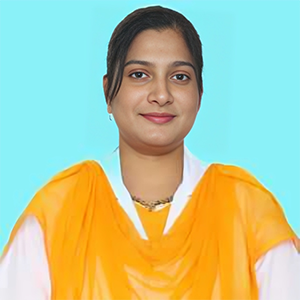
Dr. Tamanna Siddique
Gynae & Obs
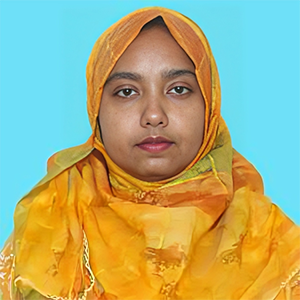
Dr. Farhana Jahan
Gynae & Obs
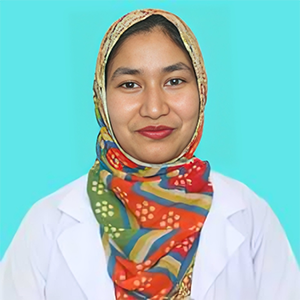
Dr. Jannatun Naem
Gynae & Obs
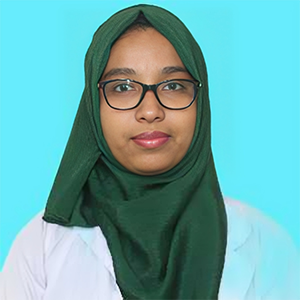
Dr. Zannant Ara Disa
Gynae & Obs
-
IMO/EMO । আইএমও/ইএমও
General Info
Indoor Medical Officers (IMO) play a vital role in managing the care of inpatients in hospitals. They oversee daily treatment, administer medications, and coordinate with specialists to ensure comprehensive patient care. Additionally, they maintain accurate medical records and monitor patients’ progress throughout their stay.
Emergency Medical Officers (EMO) are critical in handling urgent and emergency cases. They provide immediate care, stabilize critical patients, and prioritize treatment based on urgency. Their quick decision-making and expertise are essential in life-threatening situations, ensuring patients receive timely intervention. -
Medicine | মেডিসিন
General Info
Medicine is the science and practice of caring for a patient, managing the diagnosis, prognosis, prevention, treatment, palliation of their injury or disease, and promoting their health. Medicine encompasses a variety of health care practices evolved to maintain and restore health by the prevention and treatment of illness. Contemporary medicine applies biomedical sciences, biomedical research, genetics, and medical technology to diagnose, treat, and prevent injury and disease, typically through pharmaceuticals or surgery, but also through therapies as diverse as psychotherapy, external splints and traction, medical devices, biologics, and ionizing radiation, amongst others.
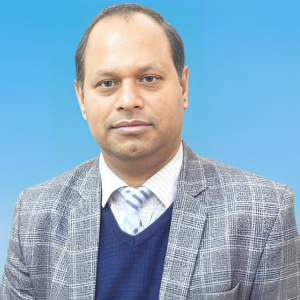
Prof. Dr. Bolai Chondro Sarker
Medicine

Dr. Md. Shamsul Alam (Mukta)
Medicine
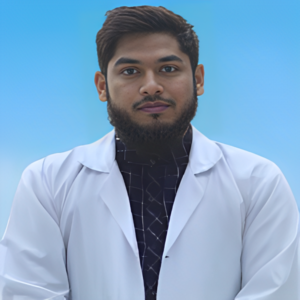
Dr. Kaiser Alam
Medicine
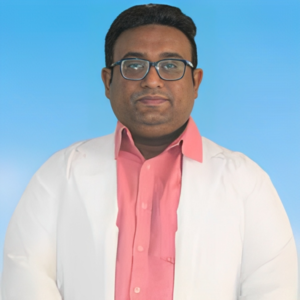
Dr. Md. Arafat Alam
Medicine
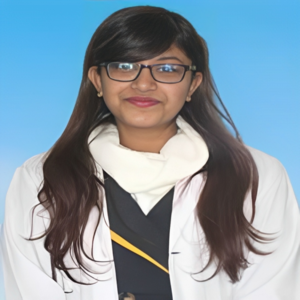
Dr. Mousumi Sarkar
Medicine
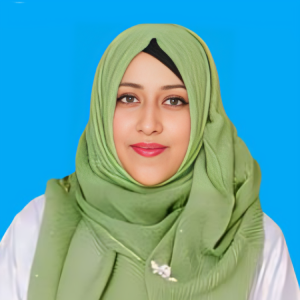
Dr. Afifa Anwar
Medicine
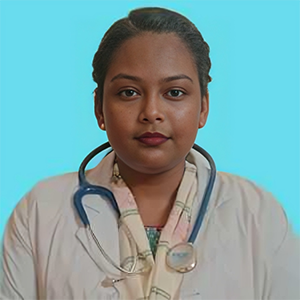
Dr. Dabvjani Goswami
Medicine
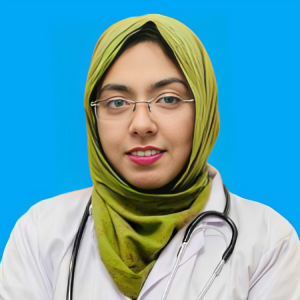
Dr. Tasnim Al Faria
Medicine
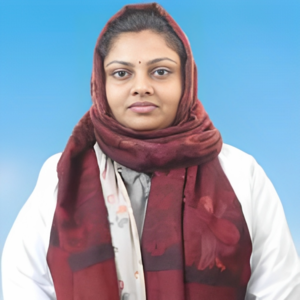
Dr. Aunamika Paul
Medicine

Dr. Jannatul Ferdous
Medicine
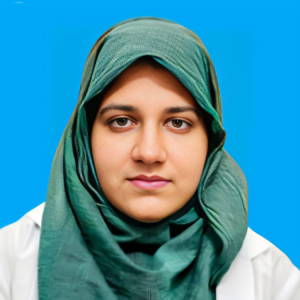
Dr. Iffat Akhter Zahan Shimu
Medicine

Dr. Reia Sarkar
Medicine
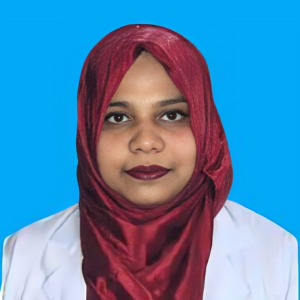
Dr. Fariha Tasnim
Medicine

Dr. Saleh Md. Noor-E-Alam Saifi
Medicine
-
Microbiology | মাইক্রোবায়োলজি
General Info
Microbiology is the study of the biology of microscopic organisms – viruses, bacteria, algae, fungi, slime molds, and protozoa. The methods used to study and manipulate these minute and mostly unicellular organisms differ from those used in most other biological investigations.
-
Ophthalmology | চক্ষু
General Info
Ophthalmology ( English : Ophthalmology ) is a branch of medicine that deals with the treatment of any eye problem or disease. An ophthalmologist is a specialist in the general treatment and surgery of any eye problem. In eye surgery, cataract removal, eye cosmetic surgery (oculoplastics), cornea replacement surgery, eyeball and lacrimal gland surgery, eyeball (retinal) and eyeball vitreous surgery, etc. are notable.
-
Orthopedics | হাড়-জোড়া
General Info
Originally, the term orthopedics meant the correcting of musculoskeletal deformities in children. Nicolas Andry, a professor of medicine at the University of Paris, coined the term in the first textbook written on the subject in 1741. He advocated the use of exercise, manipulation, and splinting to treat deformities in children. His book was directed towards parents, and while some topics would be familiar to orthopedists today, it also included ‘excessive sweating of the palms’ and freckles.
Jean-André Venel established the first orthopedic institute in 1780, which was the first hospital dedicated to the treatment of children’s skeletal deformities. He developed the club-foot shoe for children born with foot deformities and various methods to treat curvature of the spine.
-
Radiology & Imaging | রেডিওলোজী এন্ড ইমেজিং
General Info
Medical radiography is a broad term that covers several types of studies that require the visualization of the internal parts of the body using x-ray techniques. Radiography means a technique for generating and recording an x-ray pattern for the purpose of providing the user with a static image(s) after termination of the exposure.
-
Outpatient Department | বহির্বিভাগ
General Info
An outpatient department or outpatient clinic is the part of a hospital designed for the treatment of outpatients, people with health problems who visit the hospital for diagnosis or treatment, but do not at this time require a bed or to be admitted for overnight care. Modern outpatient departments offer a wide range of treatment services, diagnostic tests and minor surgical procedures.
-
Paediatrics | শিশু রোগ
General Info
Pediatrics is the branch of medicine that involves the medical care of infants, children, adolescents, and young adults. In the United Kingdom, pediatrics covers many of their youth until the age of eighteen. The American Academy of Pediatrics recommends people seek pediatric care through the age of twenty-one, but some pediatric subspecialists continue to care for adults up to twenty-five. Worldwide age limits of pediatrics have been trending upward year after year. A medical doctor who specializes in this area is known as a pediatrician, or pediatricians. Pediatricians work in clinics, research centers, universities, general hospitals, and children’s hospitals, including those who practice pediatric subspecialties.
-
Pathology | প্যাথলজি
General Info
Pathology is the study of the causes and effects of disease or injury. The word pathology also refers to the study of disease in general, incorporating a wide range of biology research fields and medical practices. However, when used in the context of modern medical treatment, the term is often used in a narrower fashion to refer to processes and tests that fall within the contemporary medical field of “general pathology”, an area which includes a number of distinct but inter-related medical specialties that diagnose disease, mostly through analysis of tissue, cell, and body fluid samples. Idiomatically, “a pathology” may also refer to the predicted or actual progression of particular diseases (as in the statement “the many different forms of cancer have diverse pathologies”, in which case a more proper choice of word would be “pathophysiologies”), and the affix pathy is sometimes used to indicate a state of disease in cases of both physical ailment (as in cardiomyopathy) and psychological conditions (such as psychopathy). A physician practicing pathology is called a pathologist.
-
Pharmacology | ফার্মাকোলজি
General Info
Pharmacology is a branch of medicine, biology and pharmaceutical sciences concerned with drug or medication action, where a drug may be defined as any artificial, natural, or endogenous (from within the body) molecule which exerts a biochemical or physiological effect on the cell, tissue, organ, or organism (sometimes the word pharmacon is used as a term to encompass these endogenous and exogenous bioactive species). More specifically, it is the study of the interactions that occur between a living organism and chemicals that affect normal or abnormal biochemical function. If substances have medicinal properties, they are considered pharmaceuticals.
The field encompasses drug composition and properties,functions,sources,synthesis and drug design, molecular and cellular mechanisms, organ/systems mechanisms, signal transduction/cellular communication, molecular diagnostics, interactions, chemical biology, therapy, and medical applications and antipathogenic capabilities. The two main areas of pharmacology are pharmacodynamics and pharmacokinetics. Pharmacodynamics studies the effects of a drug on biological systems, and pharmacokinetics studies the effects of biological systems on a drug. In broad terms, pharmacodynamics discusses the chemicals with biological receptors, and pharmacokinetics discusses the absorption, distribution, metabolism, and excretion (ADME) of chemicals from the biological systems.
-
Physiology | শরীরবৃত্ত
General Info
Physiology from Ancient Greek φύσις (phúsis) ‘nature, origin’, and -is the scientific study of functions and mechanisms in a living system. As a sub-discipline of biology, physiology focuses on how organisms, organ systems, individual organs, cells, and biomolecules carry out the chemical and physical functions in a living system. According to the classes of organisms, the field can be divided into medical physiology, animal physiology, plant physiology, cell physiology, and comparative physiology.
Central to physiological functioning are biophysical and biochemical processes, homeostatic control mechanisms, and communication between cells.[5] Physiological state is the condition of normal function. In contrast, pathological state refers to abnormal conditions, including human diseases.
-
Psychiatry | মনোরোগ
General Info
Psychiatry is the medical specialty devoted to the diagnosis, prevention, and treatment of mental disorders. These include various maladaptations related to mood, behaviour, cognition, and perceptions. See glossary of psychiatry.
Initial psychiatric assessment of a person typically begins with a case history and mental status examination. Physical examinations and psychological tests may be conducted. On occasion, neuroimaging or other neurophysiological techniques are used. Mental disorders are often diagnosed in accordance with clinical concepts listed in diagnostic manuals such as the International Classification of Diseases (ICD), edited and used by the World Health Organization (WHO) and the widely used Diagnostic and Statistical Manual of Mental Disorders (DSM), published by the American Psychiatric Association (APA). The fifth edition of the DSM (DSM-5) was published in May 2013 which re-organized the larger categories of various diseases and expanded upon the previous edition to include information/insights that are consistent with current research.
-
Surgery | সার্জারি
General Info
Surgery is a medical specialty that uses operative manual and instrumental techniques on a person to investigate or treat a pathological condition such as a disease or injury, to help improve bodily function, appearance, or to repair unwanted ruptured areas.
Emergency Case
BMC Doctors
-
Find a BMC near you
-
Call for an appointment!
-
Total Visitor Today
Quick Contact
- Holding no# 179/1, Choto Bongram, Padma Abasic, Chandrima,Rajshahi – 6207
Quick Links
- Scientific Seminar on Management of Fatty Liver Disease at Barind Medical College June 25, 2025
- Scientific Seminar on Management of Fatty Liver Disease at Barind Medical College June 25, 2025
- INAUGURAL CEREMONY – 2025 14th Batch, MBBS (Session: 2024-2025), 17 June 2025, Barind Medical College, Rajshahi. June 17, 2025
- Barind Night Premier League (Season-01) পুরস্কার বিতরণী অনুষ্ঠান – ২০২৫ বারিন্দ মেডিকেল কলেজ, রাজশাহী। May 21, 2025
- প্রফেসর ডা: মোহা: হারুন অর রশীদ (লিভার, পরিপাকতন্ত্র ও মেডিসিন বিশেষজ্ঞ) (রোগী দেখার সময়ঃ সকাল ৯টা হতে দুপুর ২টা পর্যন্ত) বারিন্দ মেডিকেল কলেজ হাসপাতাল, রাজশাহী। May 19, 2025
Hot line Number
- Emergency Mob : +88 01867 041715
- Consultation Mob: +88 01770 733355
- Ambulance Mob: +88 01772564445

